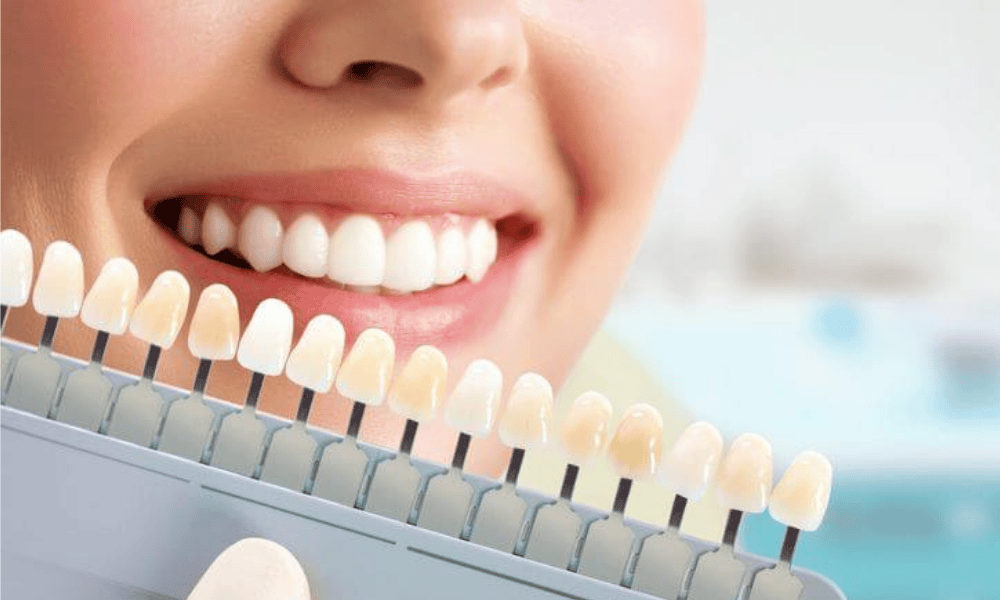Transform Your Smile with Veneers in Cayce
Achieve the smile you’ve always dreamed of with veneers at our dental clinic in Cayce. Whether you’re considering porcelain veneers for their natural look or exploring composite veneers for a more affordable option, we’re here to guide you through the veneers process from start to finish.
Learn more about how veneers can transform your smile today.
What Are Veneers? Definition and Types
Veneers are thin, custom-made shells designed to cover the front surface of teeth, enhancing their appearance. They are an excellent solution for correcting discolored, chipped, or slightly misaligned teeth.
Types of Veneers
- Porcelain Veneers: Durable, stain-resistant, and natural-looking.
- Composite Veneers: Affordable and quick to apply, though less durable than porcelain.
- Snap-On Veneers: A non-permanent option for temporary transformations.
- Brick Veneers (Wood Textured): Aesthetic finishes for unique smile goals.
Considering which type is right for you? Book a consultation today to explore your options.

Veneers Procedure: What to Expect
The veneers procedure involves these steps:
- Consultation and Planning: Discuss your goals and explore veneers before and after examples to determine the best fit.
- Preparation: Minimal shaving of teeth (if necessary) to ensure a perfect fit.
- Application: Bonding the veneers securely for a lasting transformation.
Curious about whether veneers teeth shaving is required for you? Contact us for expert advice.

Are Veneers Permanent?
Veneers are a semi-permanent solution designed to last 10–15 years with proper care. While they are not reversible, their durability makes them a worthwhile investment.
Veneers vs. Crowns and Other Alternatives
- Veneers vs. Crowns: Veneers cover only the front of teeth, while crowns encase the entire tooth.
- Veneers vs. Bonding: Bonding is a quicker fix, but veneers offer superior durability and aesthetics.
- Veneers vs. Implants: Implants replace missing teeth; veneers enhance existing ones.
Explore these options with a personalized consultation today!

Veneers Before and After: Real Transformations
Seeing is believing! Our veneers before and after celebrities gallery showcases stunning transformations achieved with veneers teeth. From correcting crooked teeth to restoring brightness, the possibilities are endless.

Pros and Cons of Veneers
Veneers Pros
- Natural look and feel.
- Durable and stain-resistant.
- Boost confidence with a flawless smile.
Veneers Cons
- Requires some enamel removal.
- Not suitable for severely damaged teeth.
- Cost considerations.
Still wondering, “Are veneers worth it?” Let us help you decide! Contact us today.
Why Trust Todays Dental Cayce for Your Veneers?
Experienced Care
Our team stays up-to-date with the latest treatments for your best care.
Sanitation & Safety
We follow strict sterilization protocols for your protection.
Comfort
Enjoy a relaxed, stress-free atmosphere during your visit.
State-of-the-Art Technology
We use advanced tools for effective, efficient treatment.
Personalized Approach
Treatment tailored to your unique dental needs for optimal results.
Frequently Asked Questions
Discover the transformative power of veneers!
At Todays Dental Cayce, your health and well-being are our top priorities. Schedule your appointment today at Todays Dental Cayce to explore the Veeners options available.
Call us now or fill out our online form to get started!





